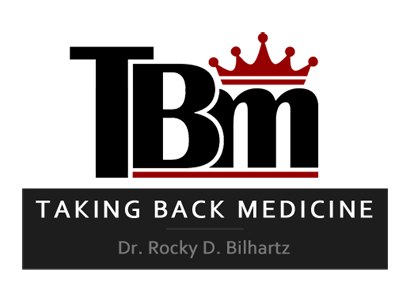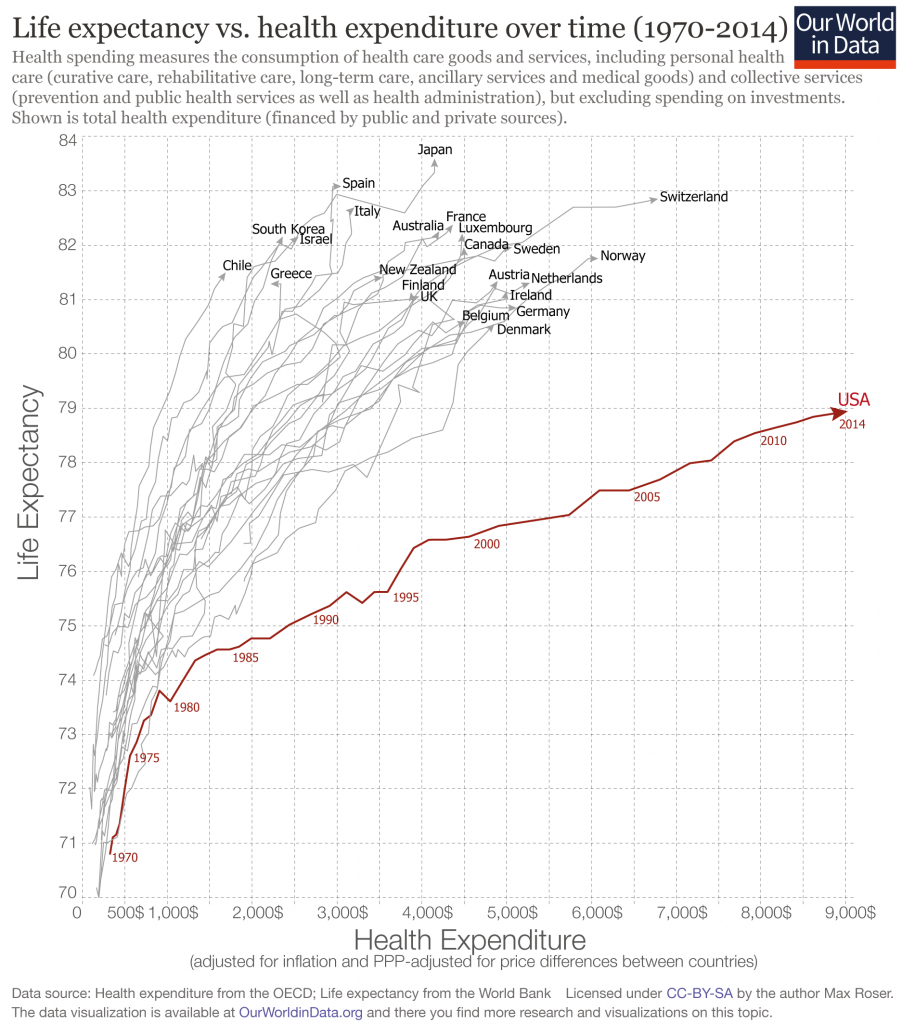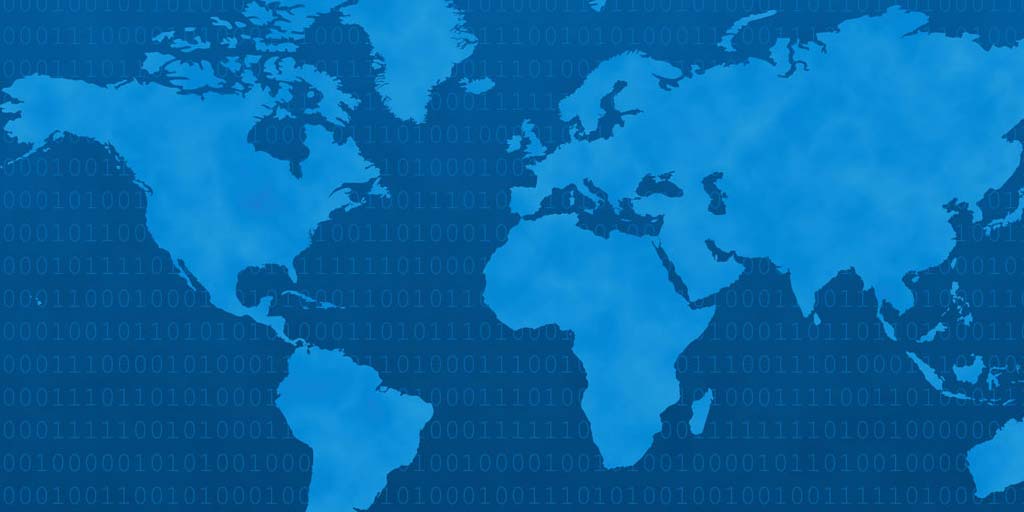
Tom is a forty-three year-old self-employed painter and father of two.
He’s currently in remission from lung cancer, having been first diagnosed five years ago. At the time of his diagnosis, he did not have health insurance. Thankfully, for him, American law had finally made it illegal for health insurance companies to discriminate against individuals with preexisting conditions.
This means Tom had to be offered insurance at community rates. And, this was a good thing for him. His medical expenses exceeded $100,000 annually for his first two years of treatment. No one deserves to go without care for a serious medical condition.
* * *
Jenny is a married mother of two.
She in employed by a local small business where she has worked for the last 12 years. Her daughter has an uncommon but treatable blood disorder that requires occasional laboratory testing and infrequent blood transfusions.
Jenny’s employer has provided for the health insurance of both Jenny and her daughter for the last decade. It has been a part of Jenny’s benefits plan.
Unfortunately for Jenny, over the last few years, the cost to her employer to provide this plan has risen dramatically. The small business she works for has had no choice but to pass down many of these rising costs to her.
Jenny now pays her employer a markedly higher monthly premium for her family to be included on her plan. Her medical deductible is 10 times what it was just six years ago. And, her coverage is far worse.
Forced to cut costs even further last year, her employer only offered insurance options with more narrow networks of physicians. Jenny is currently driving 90 minutes for her daughter to receive the specialist care she requires. Five years ago, she drove four miles down the street.
Thankfully, Jenny has still found a way to make ends meet despite these obstacles. But, next year is looking to be even worse regarding the cost and quality of her insurance.
* * *
Healthcare is once again a major focus of political conversation, so it’s important we understand a few things.
Our President-elect has said he will work to repeal “Obamacare,” but at this point, the details are not clear. Will his replacement product be better than what it’s replacing?
Continue reading















Recent Comments